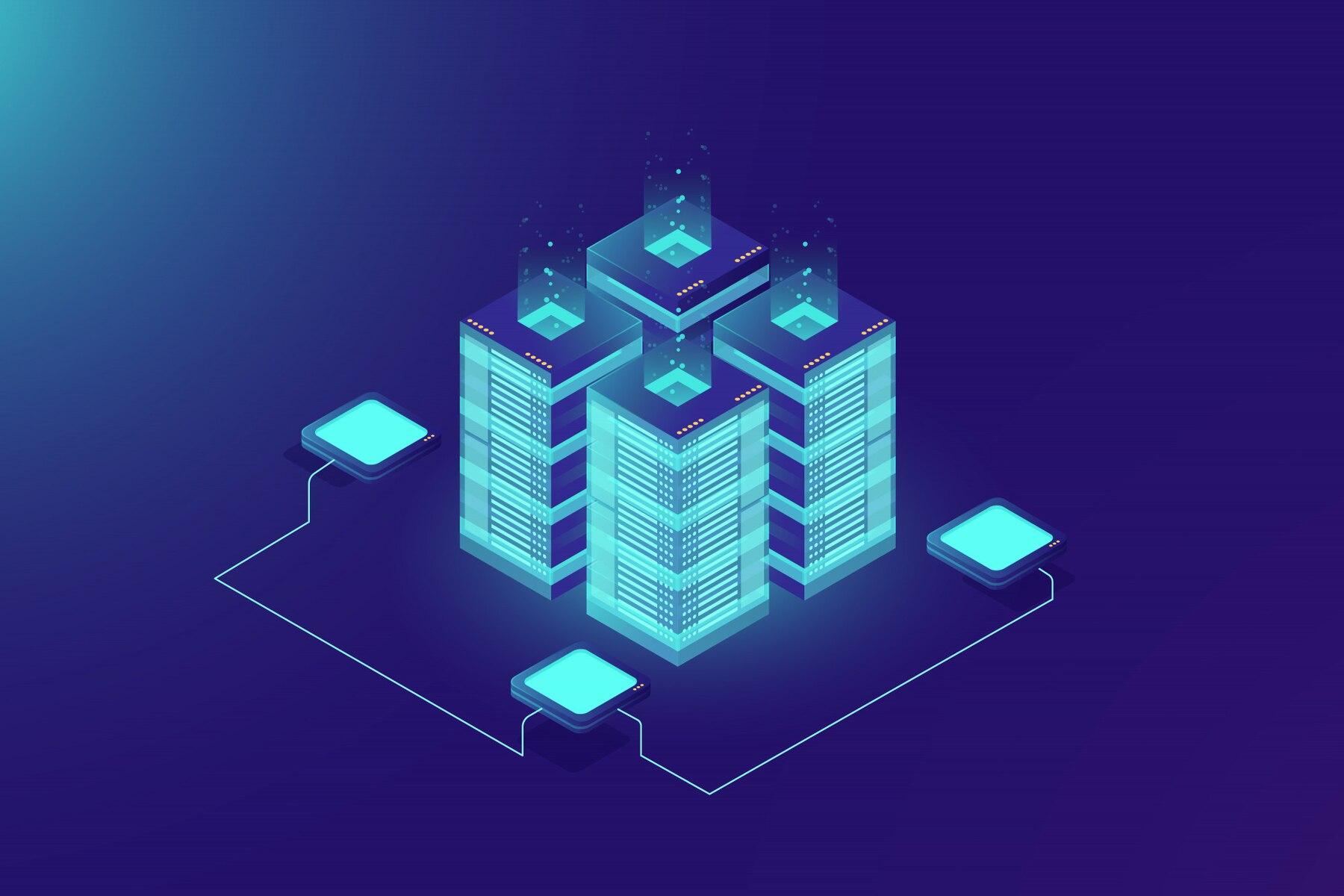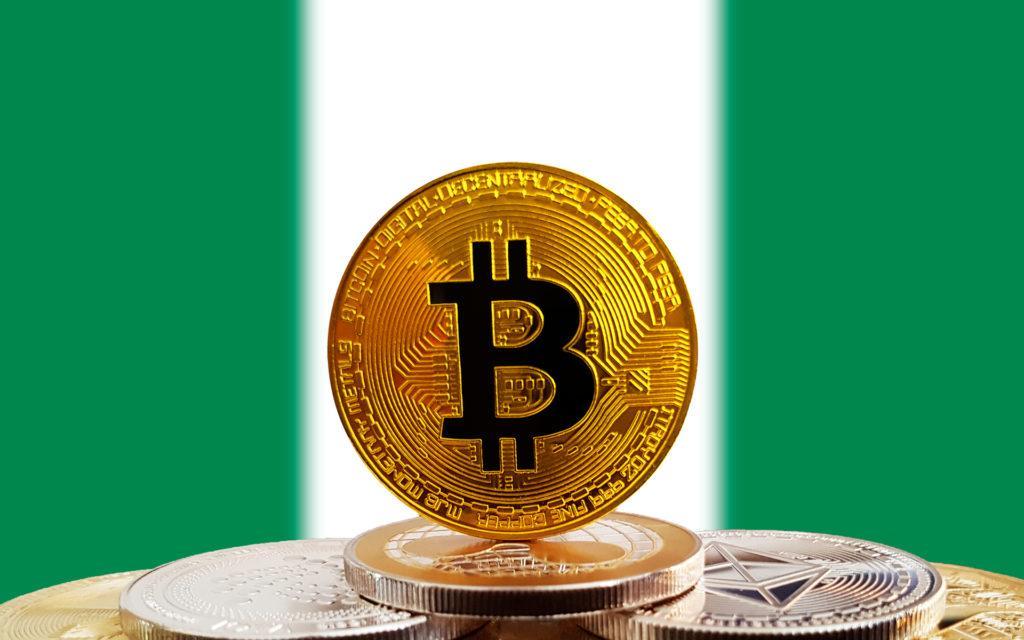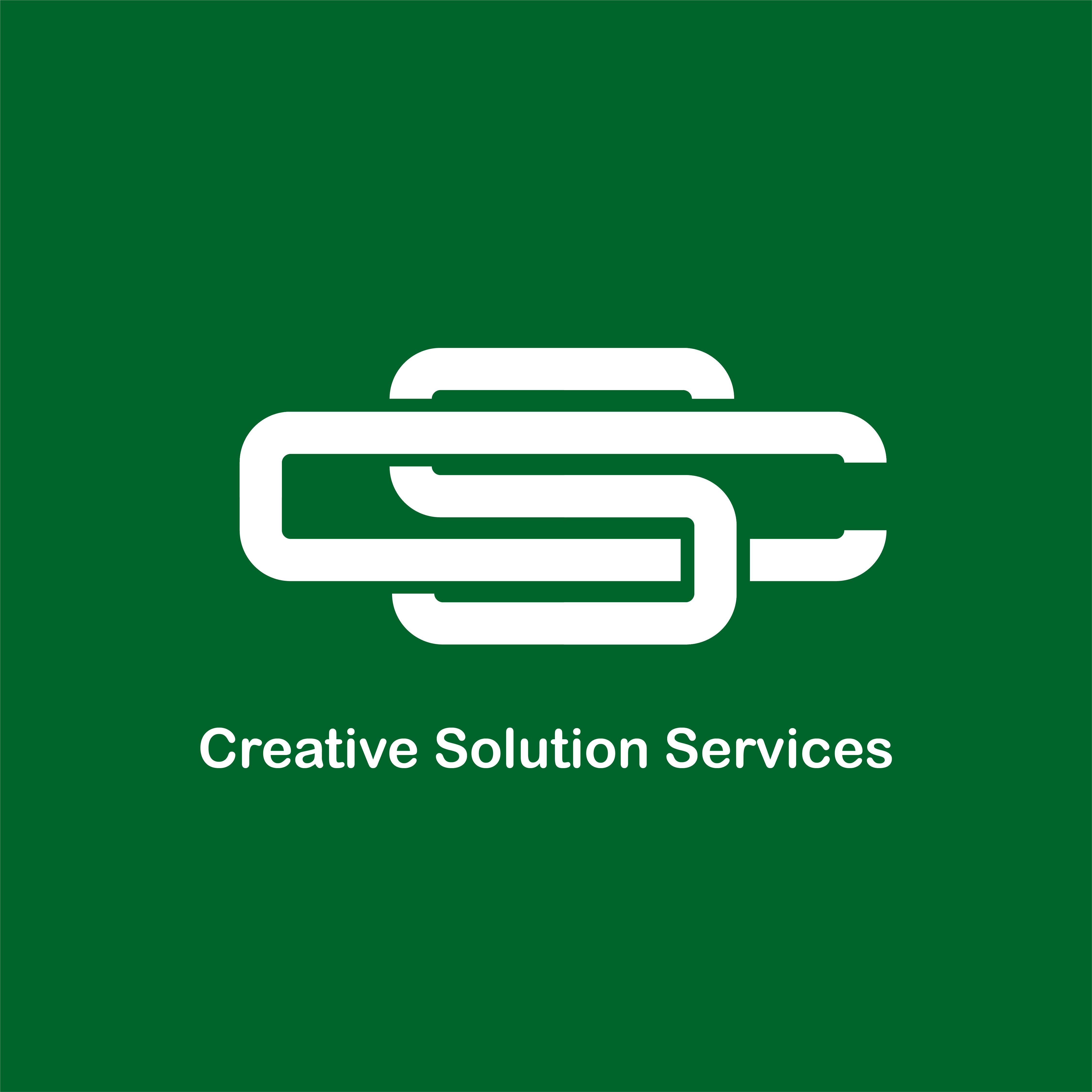Patrocinado
Creating Self-Learning DAOs: Where Blockchain Meets AI Governance

In the rapidly evolving landscape of digital technologies, two domains are reshaping the fabric of the modern internet: Artificial Intelligence (AI) and Blockchain. While both have independently brought groundbreaking innovations, the convergence of these technologies opens up a new frontier: Self-Learning DAOs (Decentralized Autonomous Organizations). These are blockchain-based systems that not only operate without human intervention but also learn and adapt over time using AI.
This post explores how AI is revolutionizing DAO governance, the technical foundation behind it, real-world use cases, and how businesses can harness this synergy for next-gen automation and trustless decision-making.
Understanding DAOs and Their Limitations
A DAO is a decentralized organization governed by smart contracts rather than a centralized authority. Members participate by voting on proposals, and decisions are executed transparently on a blockchain. DAOs have gained traction in decentralized finance (DeFi), NFT communities, and decentralized funding platforms.
However, traditional DAOs often face challenges:
-
Static governance models: Once coded, governance rules are hard to change.
-
Information overload: Members may be unequipped to ***yze large amounts of data before voting.
-
Low participation: Many token holders don’t actively engage in governance decisions.
This is where Artificial Intelligence comes in.
The Role of AI in DAO Evolution
Imagine a DAO that not only stores rules but also learns from historical data, adjusts policies based on outcomes, and offers intelligent insights before making decisions. AI can enable this by:
-
Predictive Modeling: AI can forecast the outcomes of proposals, helping members make informed decisions.
-
Anomaly Detection: Algorithms can detect suspicious activities or malicious proposals.
-
Automated Moderation: Natural language processing (NLP) can ***yze community interactions and flag inappropriate content or behavior.
-
Adaptive Governance: Machine learning models can suggest updates to governance structures based on the DAO's performance and community dynamics.
To achieve this level of integration, companies often seek to hire blockchain developers with experience in AI frameworks and decentralized architectures.
Technical Architecture of a Self-Learning DAO
Combining AI with blockchain is not a plug-and-play process. Here’s a simplified breakdown of the architecture:
1. Smart Contract Layer
This forms the backbone of any DAO, enforcing transparent, rule-based execution. These contracts can trigger AI functions via oracles or API calls.
2. AI Engine
The AI component can run off-chain, powered by models trained on governance data, community feedback, and blockchain ***ytics. Tools like Python, TensorFlow, or PyTorch are often used.
3. Data Oracles
To bridge off-chain AI models with on-chain logic, secure oracles are essential. They feed data from the AI engine to the blockchain and vice versa.
4. Front-End Interface
A user-friendly dashboard allows DAO members to interact with both the AI insights and governance tools. It might include visualizations, proposal recommendations, and community sentiment ***ysis.
If you're building such a sophisticated system, you’ll likely need the support of the Best AI Software Development Company—one that understands both neural networks and the nuances of decentralized systems.
Real-World Use Cases
Let’s look at a few scenarios where self-learning DAOs could thrive:
🧠 Autonomous *** DAOs
AI can ***yze market trends and recommend *** strategies. The DAO then votes on these suggestions, enabling data-driven portfolio management with minimal human input.
🌱 Decentralized Grant Allocation
Instead of relying solely on member votes, the DAO can use AI to assess project feasibility, impact potential, and past performance of grant recipients.
🧩 DAO-Based Community Management
AI moderation tools can help manage large communities by detecting spam, toxic behavior, or irrelevant content, making the community experience more productive.
🎮 Gaming Guild DAOs
In Web3 gaming, DAOs manage assets, scholarships, and in-game decisions. AI can optimize team compositions, training schedules, and reward structures dynamically.
Benefits of a Self-Learning DAO
-
Scalability: AI enables DAOs to process and act on vast data sets without overwhelming members.
-
Efficiency: AI-driven proposals can streamline decision-making.
-
Security: Automated anomaly detection adds another layer of protection.
-
Personalization: Members receive governance recommendations tailored to their preferences and activity.
But achieving this level of functionality isn’t easy. Businesses must either train in-house AI experts or hire blockchain developers who have multidisciplinary skills across machine learning, smart contracts, and data pipelines.
Challenges and Considerations
🔄 Data Privacy
Training AI on user data raises privacy concerns. Solutions like federated learning or zero-knowledge proofs could help.
🔗 Model Verifiability
How can users trust that an AI model is unbiased or not tampered with? One solution is to store hashed model versions on-chain, ensuring auditability.
🛠️ Infrastructure Complexity
Combining blockchain’s immutability with AI’s dynamic learning requires careful ***gn. Model updates, retraining, and contract versioning must be handled with caution.
Partnering with the Best AI Software Development Company becomes critical here, as missteps can introduce bugs or vulnerabilities that are expensive to fix post-deployment.
Future Outlook: AI-Driven Decentralized Governance
The idea of machines guiding or even replacing human decision-making in decentralized systems might sound dystopian—but it’s already happening in subtle ways. AI tools are aiding traders, moderating forums, and optimizing logistics.
In the DAO context, AI doesn’t need to replace human governance. Instead, it augments it—by turning data into wisdom and helping communities navigate complex choices efficiently and transparently.
We’re entering an era where governance systems can learn, evolve, and self-correct. And those who embrace this hybrid model early—by combining blockchain’s trust with AI’s intelligence—will shape the next wave of digital organizations.
Conclusion
As blockchain technology matures and the demand for smarter automation grows, self-learning DAOs will become not just possible, but essential. Their ability to combine trustless execution with adaptive intelligence positions them as a powerful force in the decentralized future.
To bring this vision to life, you’ll need more than just a developer—you need a team that understands how AI and blockchain work together. Whether you're building a DAO, dApp, or an AI-enhanced platform, make sure to hire blockchain developers who are cross-trained in AI capabilities.






